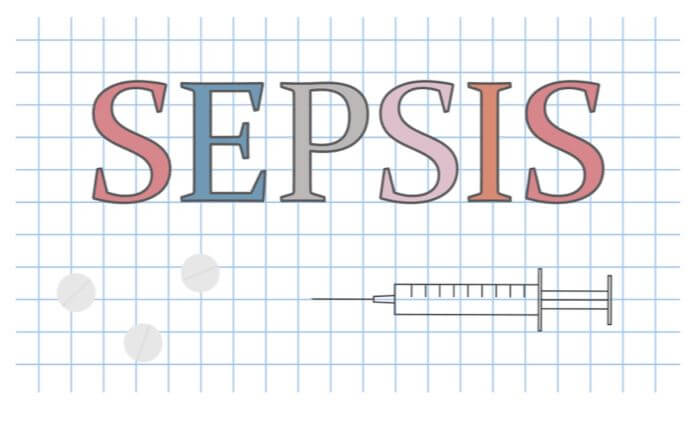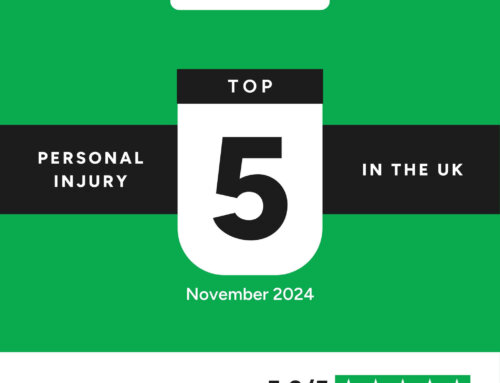There’s an argument for saying that there are so many ‘world ‘or ‘national’ recognition days that their individual effectiveness is in danger of wearing thin. Perhaps that’s as a result of ‘national’ or ‘world’ days such as ‘National Hamburger’ Day or ‘International Coffee Day’, or other such ‘days’ which, let’s face it, are little more than clever marketing exercises.
It would be a travesty if the overabundance of the more trivial types of ‘world days’ were to have an adverse impact on the way the public views those ‘days’ which have some real meaning and purpose.
Take World Sepsis Day, which is held annually on 13th September. The whole rationale behind a ‘World Day’ is about raising awareness and getting people talking about the day in question. You can see the idea behind the Coffee Day – it gets people talking about coffee and the more they talk about it, the more likely they are to go and buy a coffee. It’s the way marketing works.
When it comes to talking about a World Day for something like the illness of Sepsis, it gets more serious.
Like ‘Coffee Day’ the idea behind World Sepsis Day is about raising awareness and to get people to talk about it. That’s where the similarity between the two types of ‘day’ end. There is nothing fun or trivial about Sepsis. World Sepsis Day exists for the following reasons :
- Sepsis is an illness that affects 245,000 people in the UK each year.
- An astonishing 48,000 people die from the illness a year in this country.
- Sepsis kills more people than breast, pancreatic and bowel cancer combined does, every year.
(source: The Sepsis Trust)
If you find those statistics staggering, then you are right to.
However, another important reason for having World Sepsis Day, is because if you were to ask a large percentage of the population in the UK, what they know about Sepsis and assuming the statistics equate to roughly the same as those in the USA, almost half will respond:
“What is Sepsis?”
One Sepsis sufferer who was the subject of a BBC News article about the illness, probably best hit the nail on the head, when describing how little awareness there is surrounding Sepsis by saying:
“Either you know someone who has had Sepsis, or you have never heard of it.”
For an illness that is so widespread and that has such potentially devastating consequences for the sufferer, the lack of knowledge amongst the general public is frightening. If you don’t know anything about an illness, how can you be expected to recognise the symptoms of that illness? You can’t.
Here’s our list of some of the most important things that we think people could become aware of on World Sepsis Day on the 13th September:
- Sepsis is also known as septicaemia or just as blood poisoning
- It’s the body’s abnormal reaction to an infection that you already have
- The infection usually starts off as an infection of the kidney, lungs, urinary tract, skin or elsewhere. In a hospital setting the infection can come via a wound or as a result of an intravenous drip.
- If the signs of Sepsis are not spotted and properly acted on promptly, the infection spreads throughout the body very quickly.
- If treated at an early stage, by means of antibiotics, there is a good chance of making an early and long lasting recovery.
- If it is not diagnosed and acted upon quickly enough, then the patient is at risk of developing severe Sepsis or septic shock. These more advanced stages of the condition require emergency hospital treatment.
- In worst case scenarios. Sepsis leads to multiple organ failure and death.
- Even if a patient recovers from severe Sepsis or septic shock, they can have ongoing physical and psychological symptoms, including post-Sepsis syndrome (PSS).
- Severe Sepsis can lead to limb amputation in extreme cases.
Armed with some awareness of what Sepsis is and how it can be so devastating for those who get it, it’s important to know what the early symptoms are.:
- Slurred Speech
- Extreme muscle pain
- Passing no urine
- Severe Breathlessness
- Ifeel I might die
- Skin mottled or discoloured
Management of Sepsis when a patient has been diagnosed is by a process known at the Sepsis Six, which is the treatment to be administered to all patients over the age of 12 who are differing from sepsis:
- Provide oxygen
- Take blood cultures
- Give antibiotics intravenously
- Give fluids intravenously
- Check serial lactates
- Measure urine output
NHS England has been concerned by the fact that over the years doctors and other medical professionals have missed diagnosing Sepsis in far too many cases. There have also been instances where patients with Sepsis have had their illness badly managed. The consequences of medical negligence can be devastating. That is why NHS England has introduced initiatives such as the NHS Long Term Plan in an effort to ensure that there are less medical errors in relation to the diagnosis and management of Sepsis.
Sepsis kills or causes serious health consequences for far too many people, still. If the numbers of those suffering from the devastating consequences of Sepsis are to be reduced significantly, there needs to be more awareness of this ‘silent killer’ illness, as it has been labelled. That’s why we need World Sepsis Day.
If you believe that you or a loved one has suffered the consequences of Sepsis due to late diagnosis of, or mismanagement of Sepsis then please don’t hesitate to get in touch with a member of Mooneerams Solicitors medical negligence team to discuss the viability of making a Sepsis compensation claim. We can be contacted in confidence on 029 2199 1927. Alternatively send your name and contact number to us, by using the contact form on this page and we’ll get back to you.









